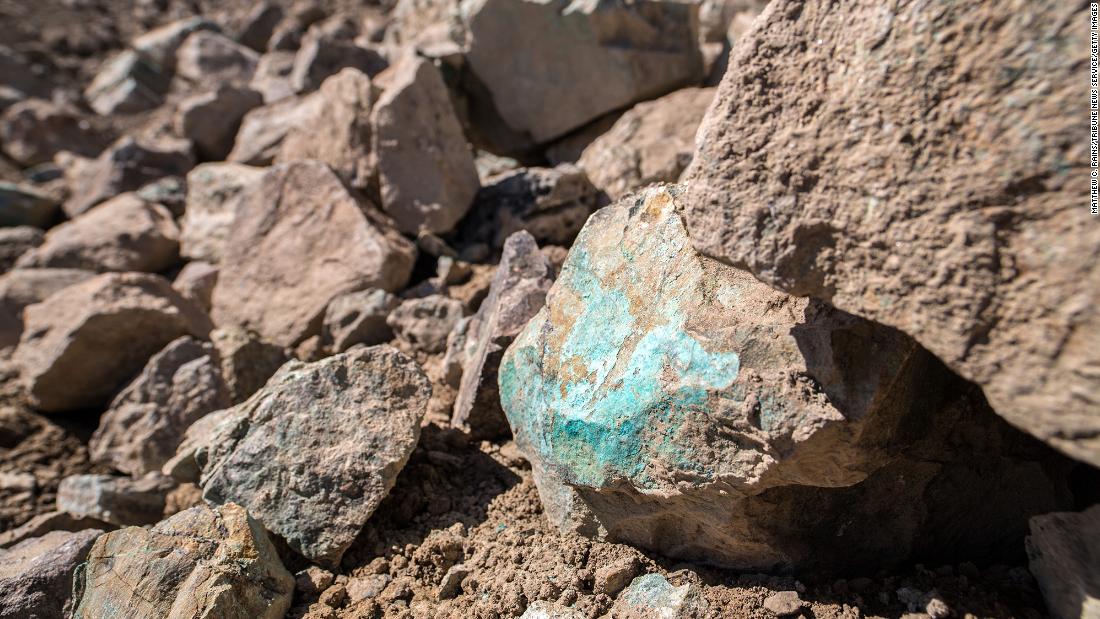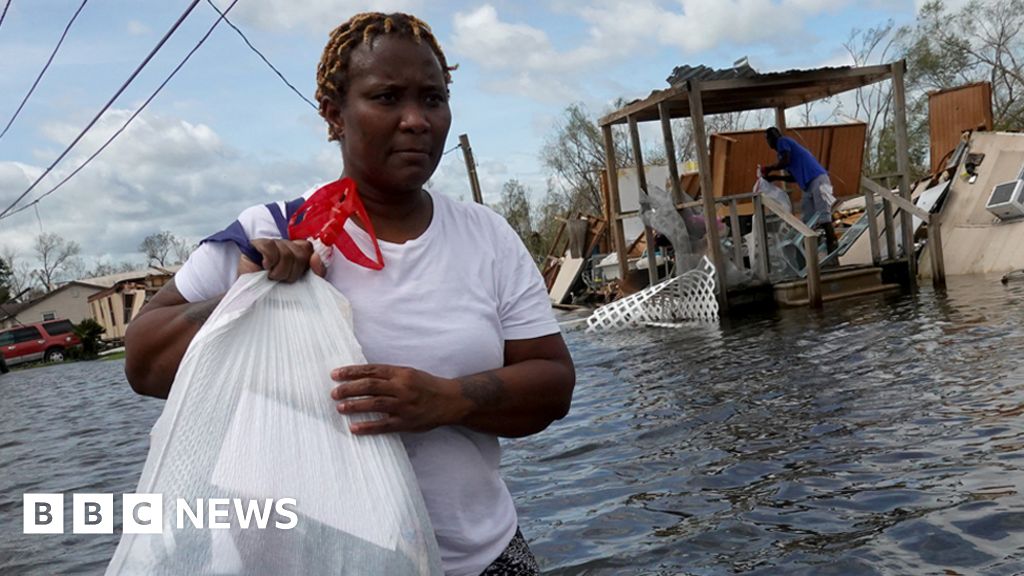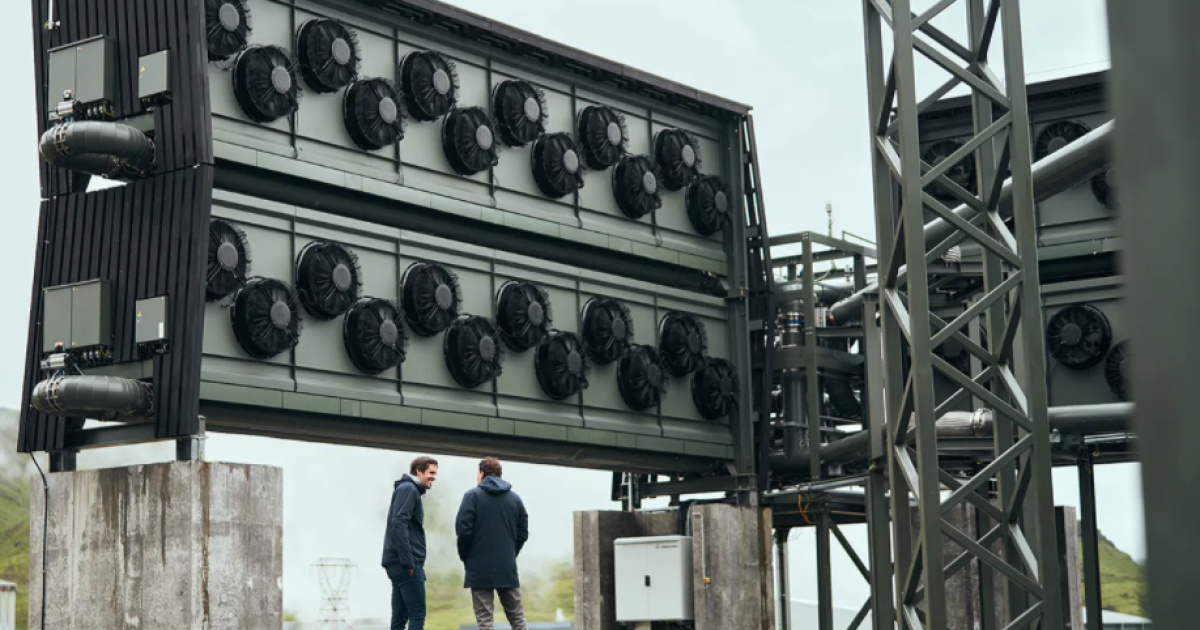TrailSeeker
Active Member
- Region
- USA
The one thing that strikes me about this though, is that it's totally unnecessary.. Sure it saves a little bit of money (which no one will deny is a good thing) but it sacrifices a ton of comfort. The reason i say all this is unnecessary, is because this is like trying to save a drop of water in a massive aquarium. The majority of pollution and "non-green" related wastes is industrial. Things like cattle grazing, chopping down rainforest, and overfishing, just to name a few. I'm not saying it's not beneficial to try green technologies, but why should we demand employees pay the price with their quality of life vs. changing and enforcing new rules on the real culprits to environment change?If you've ever worked in an office building even old-style buildings had awful and incompetently managed climate control. I can't imagine that you'd solve that problem with different tech.





